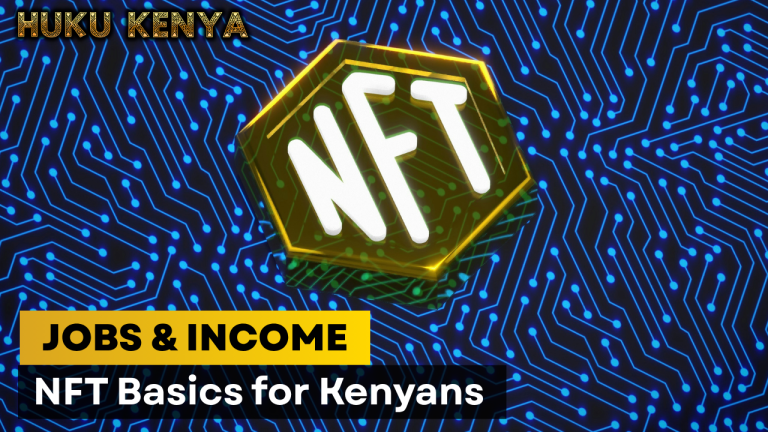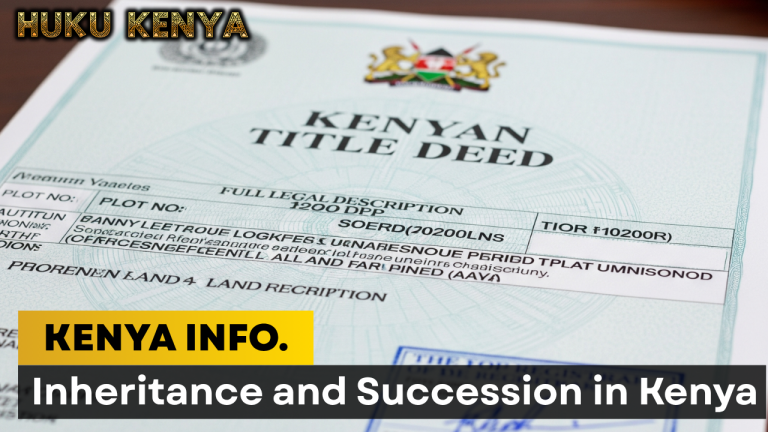
From the Finance Bill to Crypto tax, VAT restructuring, and what’s ahead in 2026
1. Background: From Backlash to Reset (June 2024–June 2025)
The 2024 Finance Act triggered Kenya’s most intense wave of tax-related protests in over a decade, culminating in nationwide demonstrations between July and September 2024. Following the outcry and civic pressure, President William Ruto initiated a public fiscal review, which led to a scaled-down tax policy in 2025 focused more on clean-up than extraction.
The result? The Finance Bill 2025, tabled in Parliament on May 15, 2025, approved by Cabinet on June 6, and signed into law on June 19, 2025, ushered in a leaner, tech-focused framework for revenue and compliance.
2. Finance Bill 2025: Current Provisions (Effective from July 1, 2025)
No New Direct Taxes Introduced
- Revenue forecast: KSh 24.1 billion, compared to over KSh 344 billion in new taxes under the 2024 Act
- Focus: Administrative tightening, enforcement via eTIMS, and tax base realignment
Pension & Gratuity Reforms (Effective July 1, 2025)
- All retirement gratuities now tax-exempt, regardless of employer type
- Pension withdrawals from provident schemes no longer taxed after 20 years of membership or in terminal illness cases
Mortgage Relief Expansion
- Eligible tax relief extended to loans from SACCOs, microfinance banks, and family-financed construction
- Applies retroactively to any mortgage entered into since January 2023
3. Digital Assets, Crypto Tax, and the VASP Bill
Crypto & Digital Asset Tax Cuts (July 2025)
- DAT reduced from 3% to 1.5%
- Applies to gains from NFTs, cryptocurrency sales, token transfers
- Payment system: Self-declaration via iTax, with select VASPs designated to deduct at source
Virtual Asset Service Providers Bill (VASP) 2025 – Awaiting Senate Approval
- Passed by the National Assembly on June 25, 2025
- Expected to come into force by November 2025
- Assigns crypto regulation as follows:
- CMA: Tokens, ICOs
- CBK: Custodial wallets, stablecoins
- Establishes capital adequacy, local registration, and AML/CFT audit rules
4. VAT Restructuring: From Exemptions to Enforcement
Highlights Effective August 1, 2025:
| Item | VAT Status in 2025 |
|---|---|
| Solar panels, inverters, cables | 16% VAT reinstated |
| Affordable housing materials | VAT exemption repealed |
| Animal feed inputs | VAT-exempt (not zero-rated) |
| Tea/coffee packaging materials | VAT-exempt |
| Education e-books | Remain zero-rated |
Refund Mechanism Adjustments
- Refund cycle extended from 90 to 120 days
- Deadline to file VAT claims reduced to 12 months from date of supply
Upcoming (2026 Preview):
- The VAT (Digital Services Enforcement) Regulations, expected in Q1 2026, will bring micro-content creators and AI tool providers under VAT scope
5. eTIMS Expansion & KRA Enforcement (July–December 2025)
Real-Time Tax Monitoring
- eTIMS now required for:
- All businesses earning KSh 3M+ annually
- Lawyers, private clinics, landlords (phased between Aug–Oct 2025)
- KRA integrating eTIMS with NTSA, HELB, and NHIF databases to catch tax evaders
Advance Pricing Agreements (APA)
- Multinational corporations now signing 5-year tax certainty deals
- Two signed by end of June; 15 more under review as of August 2025
Upcoming Enforcement Notes:
- KRA and CAK set to issue joint framework on eCommerce marketplace taxation by December 2025
6. Forecasts and Legislative Agenda into 2026
Coming in 2026:
- Tax Appeals Tribunal Review Bill: Expected to streamline appeals timeline to under 6 months
- Wealth Declaration Tax (Under Study): A proposal to tax unexplained net worth is under discussion, led by Treasury and KRA
- Digital Twin IDs for Businesses: From January 2026, each VAT-registered business may be issued a digital compliance scorecard publicly ranked on iTax
7. Sector Impact Highlights (July–December 2025)
| Sector | 2025–2026 Tax Trend |
|---|---|
| Startups | 15% tax relief extended under Nairobi IFC regime |
| Manufacturing | Lobbying for reintroduction of input VAT offsets (pending Finance 2026) |
| Tech & AI | Cross-border digital service rules tightening (Sept 2025 onward) |
| Agri-trade exporters | Favorable packaging VAT regime—but fuel/input costs rising |
| Informal sector | Pushed into presumptive tax schemes; new digital ID policies in trial |
Final Word: 2025 Is the Year of Tax Modernization, Not Expansion
While Kenya has pulled back from shock tax measures, it’s pushing forward full force on digital compliance, data-driven enforcement, and structural clarity. The Finance Bill 2025 is light on new taxes, but heavy on infrastructure, systems, and a long game into 2026 and 2027.
Expect:
- More targeted taxation of digital players
- Strict enforcement via AI-driven profiling
- Policy nudges to promote investment and formalization
Legislative Sources and Policy Papers
- Kenya Finance Bill 2025, Hansard (passed June 19, 2025)
- KRA Annual Compliance Report (2024/25 Mid-Year)
- VASP Bill 2025, Gazette Draft (introduced March 2025)
- Budget Policy Statement 2025/26 – National Treasury
- CBK & CMA Digital Assets Guidelines (July 2025 Draft)
- Parliamentary Budget Office Memo – VAT Rationalization Strategy (May 2025)

























